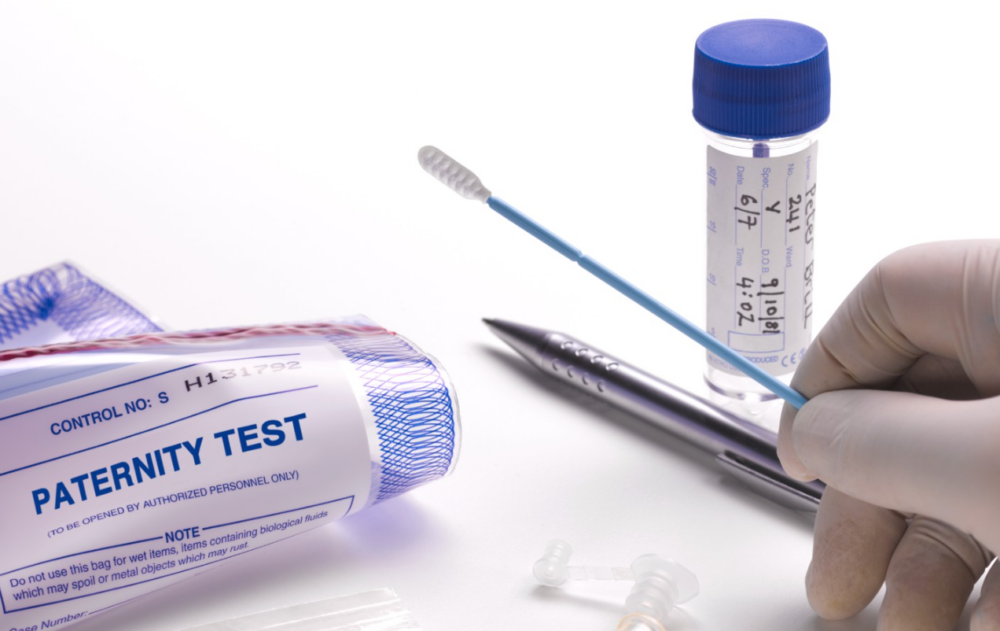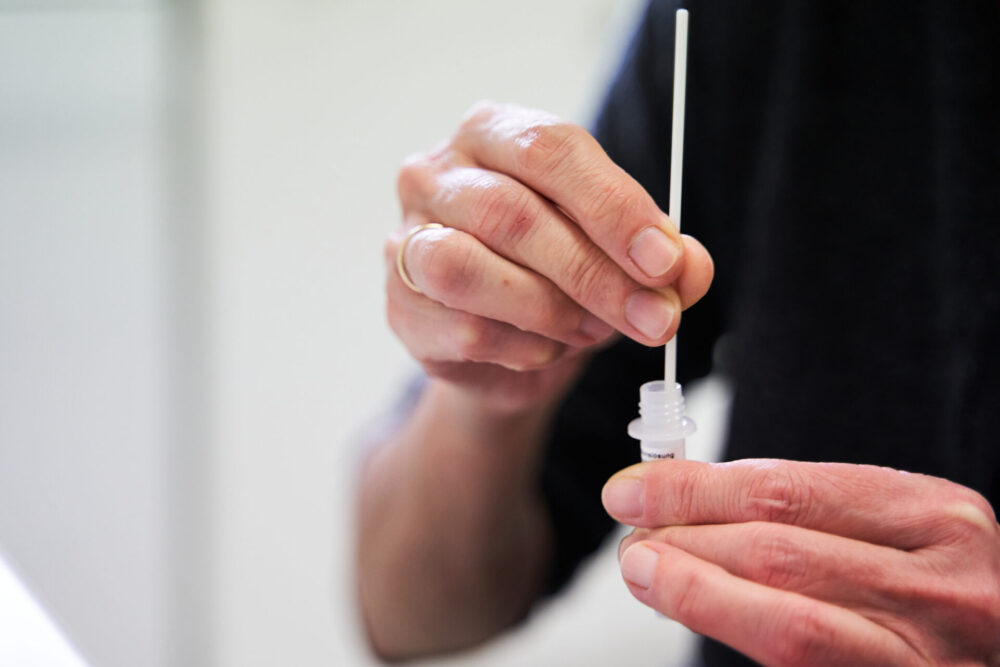Paternity testing is a scientific procedure to identify a child’s biological father. Throughout the years, its precision and dependability have contributed to its rising popularity. A baby’s paternity can be determined confidently, enabling both mom and kid to continue living their lives. A DNA test might be required for significant legal reasons.
Yet, just like any scientific procedure, DNA testing is not exempt from misunderstandings and myths. This post will remove some of the most prevalent myths regarding paternity testing and assist you in grasping the reality behind this necessary treatment.
Testing For Paternity Is Intrusive And Dangerous For The Child
One of the biggest myths regarding DNA testing is that it endangers the child’s health. Contemporary paternity tests, nevertheless, are safe and non-invasive. The most popular technique is a straightforward cheek swab, which involves rubbing a soft cotton swab against the inner surface of the cheek to gather DNA samples.
This procedure is painless, quick, and safe for the child and the adults concerned.
The Process Of Paternity Testing Is Costly And Time-Consuming

Source: endeavordna.com
DNA tests in the past can have been costly, time-consuming, and required elaborate laboratory procedures. Yet, technological breakthroughs have reduced the cost and increased the effectiveness of paternity testing. Paternity tests may now be available at reasonable prices from various reputable labs, with results often being made available in a few business days.
It is a myth that finishing a DNA test takes a long time. The turnaround time for collecting the samples and conducting laboratory tests is now as quick as ever, thanks to the introduction of innovative testing methods. Furthermore, there are also at-home paternity test kits that deliver prompt and accurate results available.
The test results by leading labs are precise, affordable, confidential, and reliable without any hidden costs.
Paternity Tests Are Not Confidential
Because every case differs, the highest caution, privacy, and confidentiality must be used. Your test results are kept private, and you can request confidential results. Remember that if you use a child-support agency, the results can be made public. A judge should also see the outcomes if the matter goes to trial. Choosing a privately run test gives you complete discretion over what to do with the findings once you have them.
Paternity Testing Performed On Mistrust And Suspicion
Although DNA testing is frequently linked to situations of uncertainty or mistrust, there are numerous other valid reasons why people choose to have DNA testing done. A paternity determination may have important legal and psychological repercussions.
It can aid in concerns of inheritance and planning an estate, ensure that a child obtains the financial and emotional care they need, and even offer important medical information concerning genetic predispositions.
A Paternity Test Can Be Taken In Any Lab

Source: livescience.com
Not every lab is made equal. Any laboratory you are considering should have accreditation, so you should verify this. Asking the lab whether your DNA samples will undergo a second round of testing is also encouraged because doing so helps to assure accuracy and reduces the likelihood of receiving incorrect results. Certain laboratories meet these specifications.
Technique and equipment are only a small portion of what goes into DNA testing. It calls for the experience and training of trained scientists, meticulous laboratory procedures, and customer service specialists who are aware of each client’s particular requirements.
DNA Testing For Paternity Is Only Available For Males
DNA testing is an option for both males and females. Both genders go through the identical testing procedure, although the results could be interpreted differently and also based on the relationship being tested.
A Paternity Test’s Outcomes Can Be Altered
Some people think that DNA results from tests can be altered or tampered with to produce false findings. Yet, credible DNA testing facilities follow stringent guidelines and use extremely precise testing techniques.
They analyze DNA samples using cutting-edge technology according to predetermined parameters. It is impossible to manipulate the results from reputable laboratories because they are almost entirely accurate.
Before Performing A DNA Test, You Must Wait Until The Baby Is Born

Source: progenie-molecular.com
Prenatal DNA testing to establish DNA is truly a thing. Yet, since some collection techniques (such as CVS and amniocentesis) are highly invasive and could endanger the unborn child, several obstetricians will not consent to a test just for paternity.
A Non-Invasive Prenatal Paternity procedure is also possible for people who require or want findings before the baby is born. It is safe and may prove to be a great decision.
Relationships Can Suffer From A Paternity Test
Some worry that getting a DNA test can sour already-existing relationships, particularly between parents. It’s crucial to remember that choosing to get a paternity test done is a personal choice. Determining the truth leads to difficult conversations but also provides peace of mind and promotes healthier relationships.
When paternity is established, a foundation of trust and honesty may be laid for future interactions.
Only Male Children Can Be Accurately Tested For Paternity
This test is equally precise for children who are male or female. Relating the child’s DNA with the DNA of the purported father includes looking at particular genetic markers inherited from both parents. Since both males and girls have these markers in their DNA, these tests are equally reliable for kids of either gender.
Conclusion

Source: thednalab.com
A useful and trustworthy method for establishing biological parentage is identifying DNA. The above facts provide you with a better knowledge of the procedure and its advantages by dispelling these widespread misconceptions.
Remember that speaking with a reputable testing facility or a licensed healthcare expert is always preferable when you have queries or worries about paternity testing. They can give you precise information that is targeted to your particular case.
















